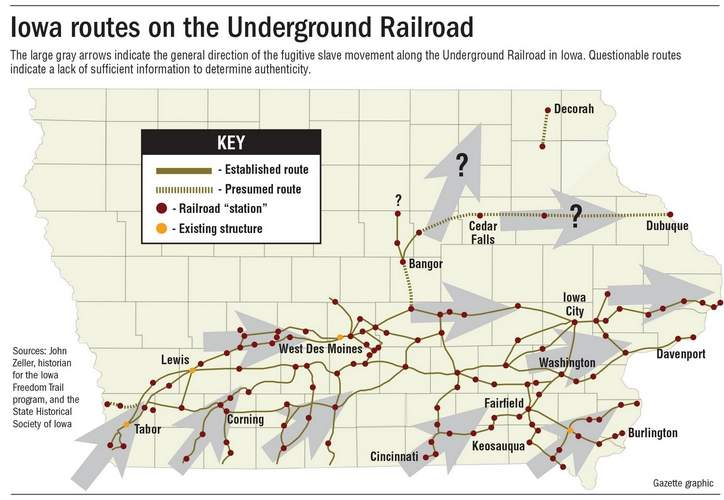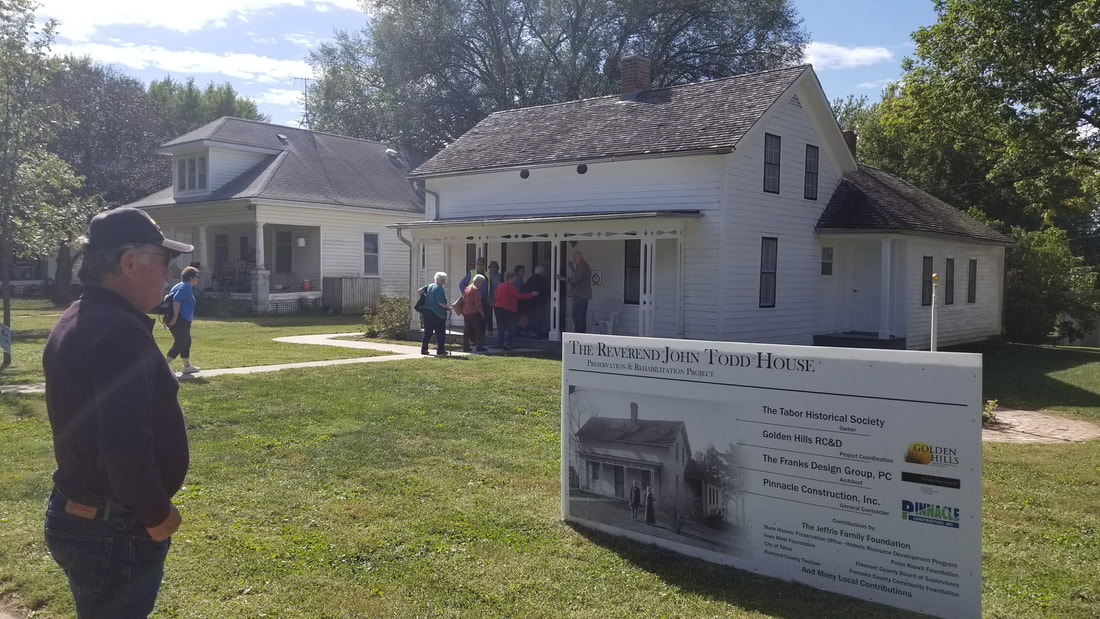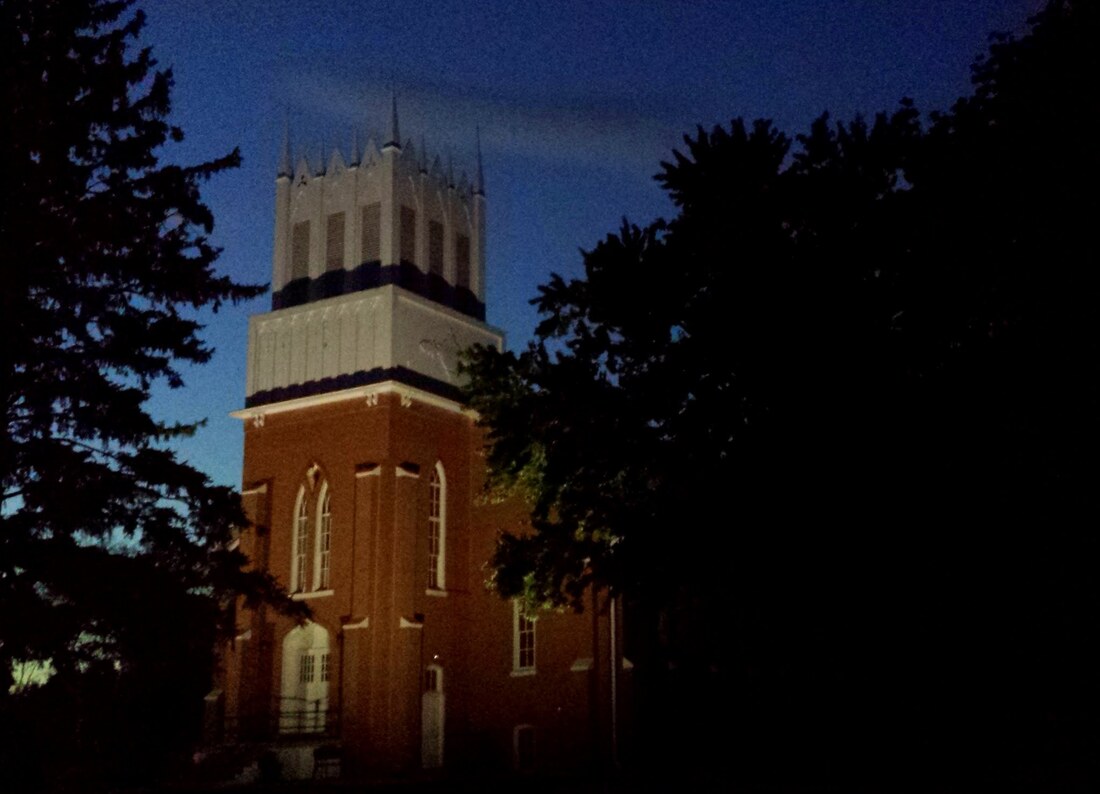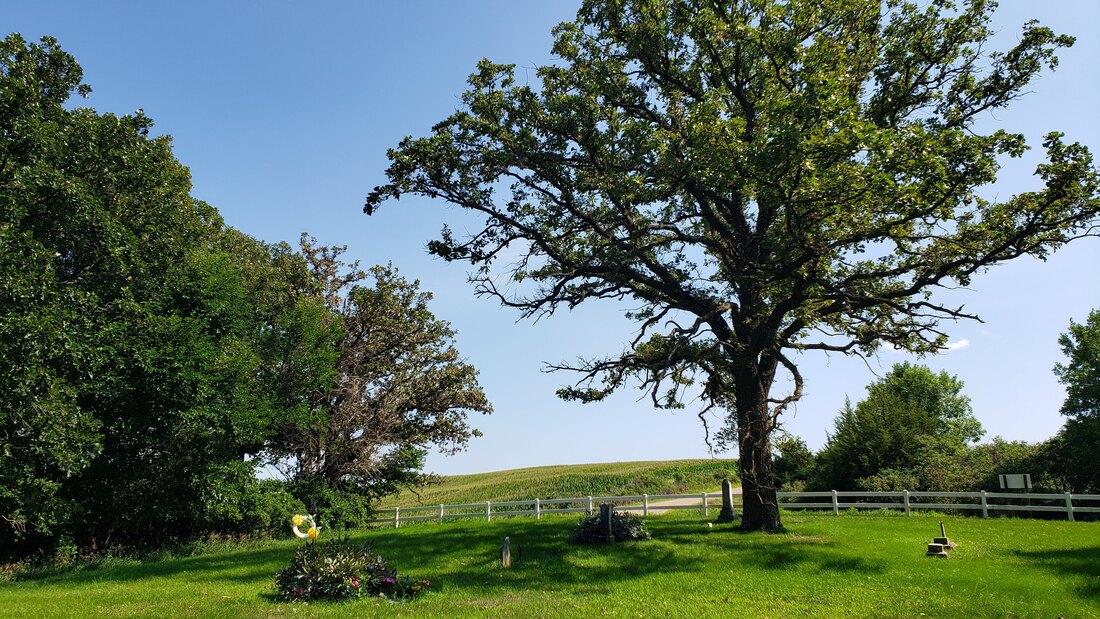|
Although Iowa is not known as an extremely diverse place, the state has a long history of civil rights successes. Iowa desegregated schools, legalized interracial marriage, and allowed black men voting rights before most other states and the federal government. Iowa was always a "free" state, not allowing slavery. The first documented black person in what is now recognized as the State of Iowa was York with the Lewis and Clark Expedition. York was a slave owned by William Clark and passed through during the 1804-1806 trek (Source: Iowa PBS). He helped care for Sergeant Floyd, who fell ill while the crew passed near current-day Sergeant Bluff and was the expedition's only death (Source: National Park Service). While slavery was still legal, fugitive slaves found safe harbors in many Iowa communities along the Underground Railroad.  Map of Underground Railroad in Iowa. Source: Cedar Rapids Gazette. https://www.thegazette.com/subject/life/people-places/iowa-was-more-than-a-stopover-in-anti-slaverys-underground-railroad-20170226 Map of Underground Railroad in Iowa. Source: Cedar Rapids Gazette. https://www.thegazette.com/subject/life/people-places/iowa-was-more-than-a-stopover-in-anti-slaverys-underground-railroad-20170226 Among the most important Underground Railroad sites in southwest Iowa were the Todd House and Tabor Antislavery District. According to the National Park Service: "Townspeople met in the square to discuss and reinforce their controversial, yet strongly held beliefs in opposition to the “flagrant sin” of slavery. As a result, they developed strong networks of resistance to slavery and assistance to fugitive slaves. The square was also used for camping and drilling exercises executed by local militiamen and by abolitionist John Brown before his raid on Harper’s Ferry." The Reverend George B. Hitchcock House near Lewis, on the banks of the East Nishnabotna River in Cass County, was another important site. In the Loess Hills of Monona County, a little-known all-black cemetery hides on a rural gravel road. According to a 2004 Sioux City Journal article: "[T]he site is alternately called the Black Cemetery or the Negro Cemetery. Only nine headstones remain and the history of the people buried there can't be determined from the inscriptions. But the tale is that there once was a thriving African-American settlement in the Loess Hills of rural Moorhead..." (Source: Sioux City Journal). Preston Love, a jazz musician from Omaha, played his first professional show at the Aeroplane Inn, located in the Loess Hills in Honey Creek. The Love's Jazz & Art Center in Omaha honors his name and legacy. From their website: "His big break came when he joined the Count Basie Orchestra at the age of 22, and from there, he went on to play in the bands of renowned artists like Ray Charles and Aretha Franklin. Love traveled worldwide, headlining jazz festivals, touring with bands and fronting his own Preston Love Orchestra. With other local musicians like Buddy Miles, Anna Mae Winburn and Lomie Washburn, among others, Love helped make Omaha a destination for jazz from the 1920s to the early 1960s." (Source: LJAC.org)
Oscar Micheaux, a Black writer and filmmaker, lived in Sioux City in the early 20th Century. Micheaux focused on race relations in many of his works, and has influenced many well-known fillmmakers since then (Source: Sioux City History). According to Sioux City History, "The Sioux City Ghosts were an all-black fast-pitch softball team. They started in Sioux City and began touring the United States, Canada, and Mexico during the 1930s, and played until 1956. Because of their pranks on the softball field, they were often compared to the famous Harlem Globetrotters" (Source: Sioux City History). In Council Bluffs, the historic Cooper House "once belonged to a couple who helped found the Iowa-Nebraska chapter of the National Association for the Advancement of Colored People, better known as the NAACP." (source: Des Moines Register). Many black Iowans experienced discrimination through legal practices like redlining. While segregation was technically illegal in Iowa, many communities were still, in reality, segregated (Source: Iowa PBS). Sundown towns, where Black people could be arrested for being in a community after dark, were found throughout Iowa. New Market, in southwest Iowa's Taylor County, had a sundown law on the books until the 1980's (Source: Undesign DSM). Despite these challenges, Black people have continued to live and thrive across Iowa. Visit the national African American History Month website here.
0 Comments
Leave a Reply. |
Archives
June 2024
Categories
All
|
Address712 South Highway Street
P.O. Box 189 Oakland, IA 51560 |
ContactPhone: 712-482-3029
General inquiries: [email protected] Visit our Staff Page for email addresses and office hours. |




 RSS Feed
RSS Feed